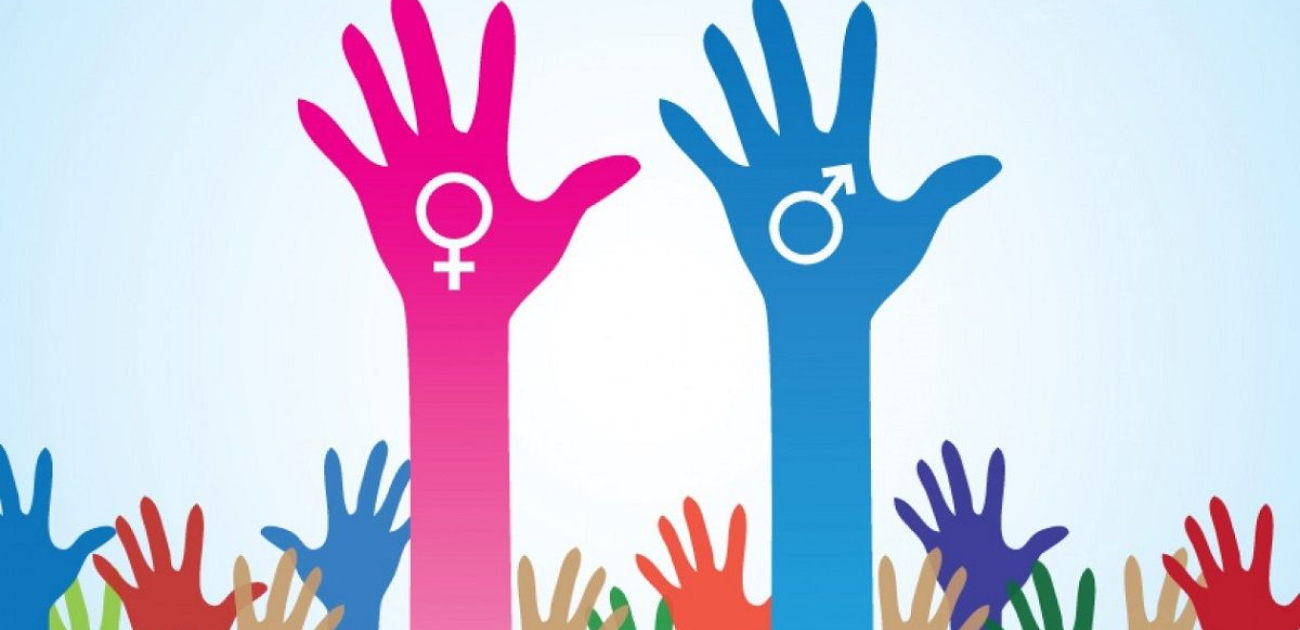Gender Equity in Companies
Companies are an active part of society: just as they express social problems, they can contribute to their solution.
With respect to Chile, the Global Ranking of Gender Equality prepared by the World Economic Forum (2017) places Chile in 87th place in the ranking, while in 2012 it ranked 70th. The two factors that most affected in the fall of the country, were the low female presence in relevant positions in the managerial field and in political activity and the wage gap between men and women: men show an estimated per capita income that doubles that of women (US $ 29,223 annual compared to US $ 15,107, according to the agency). Regarding the sub-index related to participation in the economy and opportunities for women, Chile is located on site 110. It only surpasses El Salvador, Mexico and several Islamic countries.
In times of demographic, economic and social changes in Chile, as well as in an international scenario in which gender equality increasingly constitutes a standard valued and in some cases demanded by treaties, trade agreements and cooperation agreements that govern the world globalized in which Chile deepens its participation, the private sector plays a key role in the creation of equal conditions for men and women, which are critical to achieve the Sustainable Development Goals.
In response to this reality, the National Service for Women (SERNAM) has been carrying out a series of dissemination activities of the Gender Equality Management System through the Good Labor Practices Program and in partnership with organizations from various sectors. Reconciliation of family, work and personal life - hereinafter SIGIGC - certifiable under the Chilean Standard "NCh3262-2012 Management systems. Management of gender equality and reconciliation of work, family and personal life ", which was developed in conjunction with the National Institute of Normalization (INN), and approved by the Council of that body in February 2012.
These programs are directed from the National Program of the United Nations, and since 2009 to date, there are already more than 10 countries in the Region that currently contemplate or work in this type of certification. A new focus on the work culture, which recognizes men and women as integral subjects, with the same rights to develop in the workplace, family and personal and potential to contribute to the production of goods and services is not only an ethical duty and legal; These practices are a relevant factor in optimizing resources, innovation, flexibility, competitiveness and sustainability of modern organizations.
Do you want more information?
 Paloma Norambuena
Paloma NorambuenaLawyer from the University of Chile, specialist in civil and commercial litigation.
